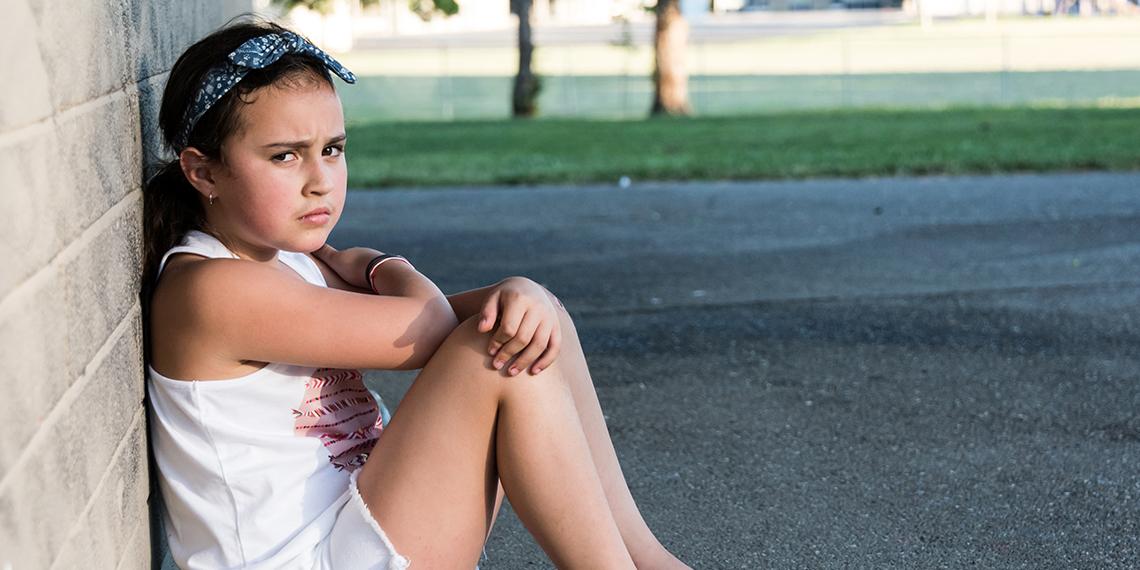Life with a mentally ill parent

It may be no fault of the parent, but some of the most silent sufferers of mental illness are the children.
A study of adult children who grew up with unwell parents, from the University of Newcastle in the UK, found six core common experiences. They are summarised by psychologist Dr Vinita Mehta, in Psychology Today.
Who cares about me? As children, the participants in this study were plagued by loneliness, vulnerability and helplessness; both at home and, also, because they felt different to their peers.
Trauma and betrayal. Surviving their childhood was a hard-won struggle for these participants. The lack of parental care in childhood led to hypervigilance and extreme anxiety. Betrayal was also an important theme. This made it difficult to develop healthy self-esteem.
Transferring the pain. Participants expressed feeling heightened guilt and sadness, accompanied by self-blame. Very often, secrecy around the illness led to shame and further stress.
Staying out of the way, and staying safe. Some of the kids became a ‘parentified child’, taking on a caregiving role for the family.
Growing myself up. All of the participants reflected on the positive and negative facets of childhood experiences, and often found benefits, meaning and opportunities for growth. Some found that it fostered empathy, compassion and resilience. Others referred to their experience of having a mentally ill parent as ‘a blessing in disguise’, in which a broken self was healed and became healthy.
Transforming the broken childhood. Looking back on their struggle from childhood to adulthood, participants identified factors that helped them transcend their circumstances. They also looked to education and employment as a road to independence and freedom from their families. For some, having exposure, however limited, to families without mental illness helped them to see a life beyond it.
Their experiences are sad and deeply moving, but it also paints a picture of hope. These children were victims, but became survivors. Bethany Ramos, who grew up with a mentally ill father, says it’s important to tell yourself the truth: ‘Think back to that famous scene in Good Will Hunting that stabbed you right through the heart and promise to repeat this to yourself every day until you believe it: It’s not your fault. It’s not your fault. It’s not your fault.’
She also says it was very important for her to learn to open up about her feelings—with the help of a counsellor—and realise that no matter how she felt, she was not alone. There are many other survivors out there, just like you.
Three Powerful Truths …
for people who grew up with a mentally ill parent.
You are not your parent: You can make your own decisions, seek help, and remind yourself: my parent’s past doesn’t dictate my future.
You deserve a break: ‘I don’t know how to be nice to myself,’ admits Ramos. ‘[But] I’m the only one who’s going to be living with myself for the rest of my life so I better start treating myself better now.’
Your story can have a happy ending: Yes, you will need to feel the painful feelings. Don’t aim for perfection. But your childhood experiences can also make you a better person: ‘I’m beginning to appreciate the person I’ve become,’ says Ramos.
Source: www.sheknows.com
